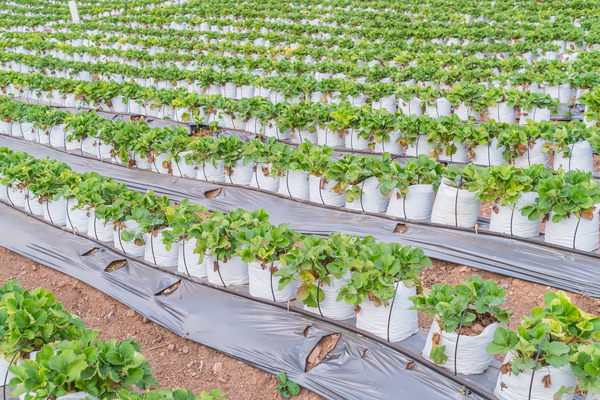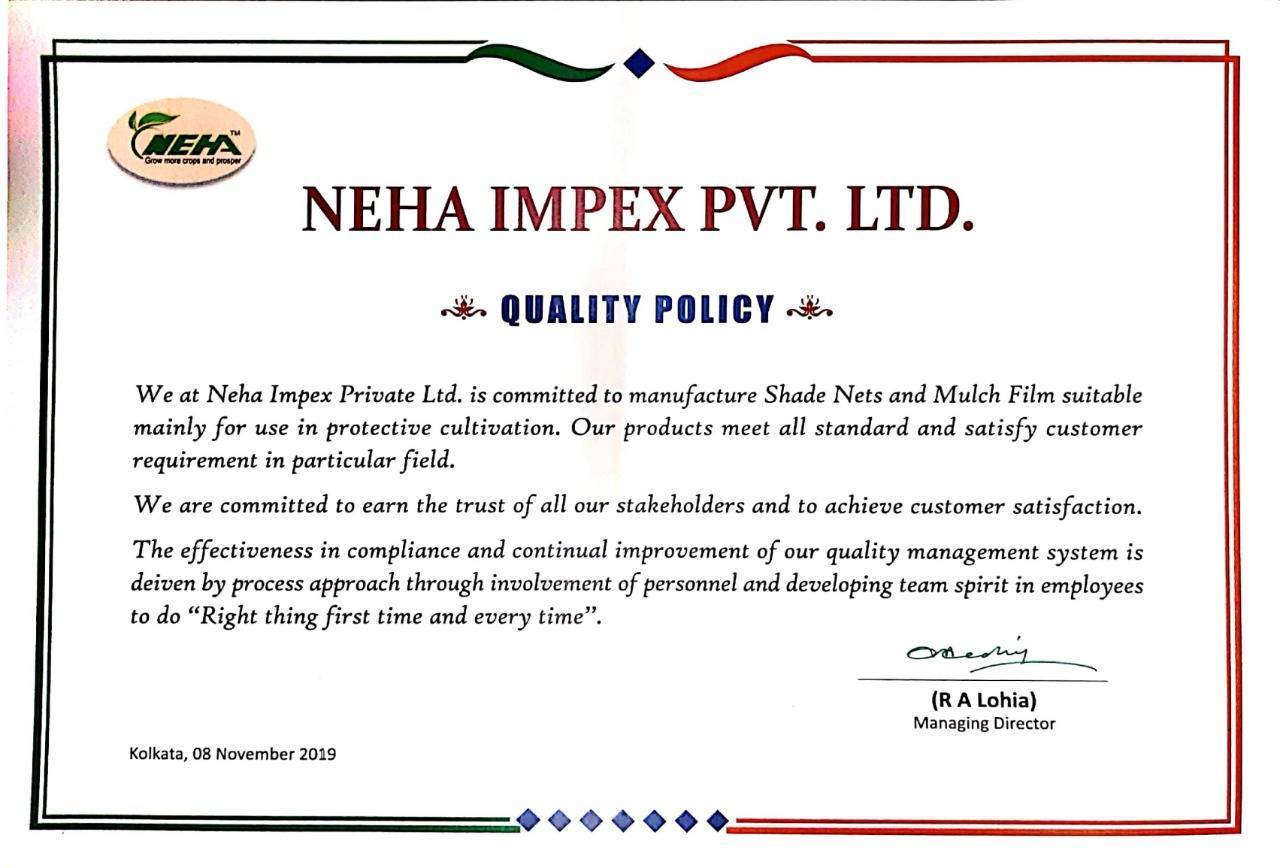
Choosing the right micron thickness in mulch films plays a key role in successful farming across India. Micron thickness affects how long the film lasts, how well it controls weeds, and how it reacts to different climates and soil types.
Farmers often invest in mulch films without understanding how thickness impacts performance. This guide helps break down what micron thickness means and how to choose the right one based on crop type, region, and farming goals.
What Is Micron Thickness In Mulch Films?
Micron (µ) is a unit used to measure the thickness of plastic mulch films. One micron equals one-thousandth of a millimeter. In mulch films, thickness usually ranges from 20 microns to 100 microns, depending on the application.
Thinner films (20-30 microns) are light and suitable for short-term crops.
Thicker films (above 50 microns) are durable, ideal for long-term crops, and perform better under harsh weather.
Choosing the wrong thickness can lead to film damage, reduced weed control, or early breakdown.
Why Micron Thickness Matters In Farming
The thickness of a mulch film affects several key aspects of its performance:
- Durability: Thicker films last longer and resist tearing.
- Weed Control: Proper thickness blocks sunlight and prevents weed growth.
- Soil Temperature: Thickness influences how much heat gets trapped.
- Moisture Retention: Thicker films reduce evaporation more effectively.
- Cost vs. Benefit: Thinner films are cheaper, but may need early replacement.
The correct thickness ensures that the mulch film supports healthy crop growth and lasts through the season.
Choosing The Right Thickness For Indian Soil And Climate
India’s diverse climate and soil types demand different mulch film properties. Here’s a breakdown of which micron thickness works best for different conditions:
1. Sandy Soil In Dry Regions
- Recommended Thickness: 25 to 50 microns
- Reason: Sandy soils lose moisture quickly. A medium-thickness film reduces water loss and controls weeds.
2. Clay-Rich Soil In Humid Areas
- Recommended Thickness: 50 to 75 microns
- Reason: Clay soil retains water but needs stronger mulch to prevent fungus and withstand heavy rains.
3. Loamy Soil In Moderate Zones
- Recommended Thickness: 30 to 50 microns
- Reason: Loamy soil is fertile. A balanced thickness ensures even soil temperature and supports good growth.
4. Mountainous Or Windy Zones
- Recommended Thickness: 60 to 80 microns
- Reason: Thicker films withstand wind damage and uneven terrain.
Micron Thickness Based On Crop Type
Different crops also require specific mulch film thickness:
| Crop | Recommended Thickness |
| Tomato, Chilli | 20-30 microns |
| Watermelon, Melon | 25-35 microns |
| Brinjal, Cabbage | 30-40 microns |
| Papaya, Banana | 50-75 microns |
| Floriculture | 50-60 microns |
Short-term crops benefit from lighter films, while long-term or perennial crops need thicker ones to last the full cycle.
Colored Mulch Films And Thickness
Color also plays a role:
- Black or Silver-Black Mulch Films: Commonly used for weed control and heat absorption.
- White or Silver Films: Reflect light and reduce heat in summer.
For black mulch films, 25–30 microns is usually enough for short crops.
For silver-black mulch films, 30–50 microns offers a good balance of temperature control and weed prevention.
Balancing Cost And Durability
While thicker mulch films offer more strength and longevity, they also cost more. Farmers should weigh the crop cycle length, local weather, and soil type when choosing thickness.
Investing in the right micron thickness at the start prevents extra expenses due to early film damage or re-application.
Key Takeaways For Large-Scale Farmers
- Understand soil type and regional climate before choosing thickness.
- Match mulch film thickness with crop duration.
- Use thicker films for heavy rain, wind, or long-term crops.
- Choose reliable mulch film manufacturers for quality assurance.
Premium Mulch Film Solutions By Neha Mulch Film
Many farmers struggle with poor crop yield, early film wear-out, and water loss—all caused by using the wrong mulch film thickness. With unpredictable weather and varying soil types across India, selecting the right micron can be confusing and costly if done wrong. Access to expert-backed, durable mulch film solutions can make a measurable difference in both crop health and long-term savings.
Neha Mulch Film, one of the leading mulch film manufacturers in Kolkata, offers durable, UV-stabilized plastic mulch films in multiple micron options. Designed for Indian soil and weather, our films help retain moisture, block weeds, and improve crop quality.






